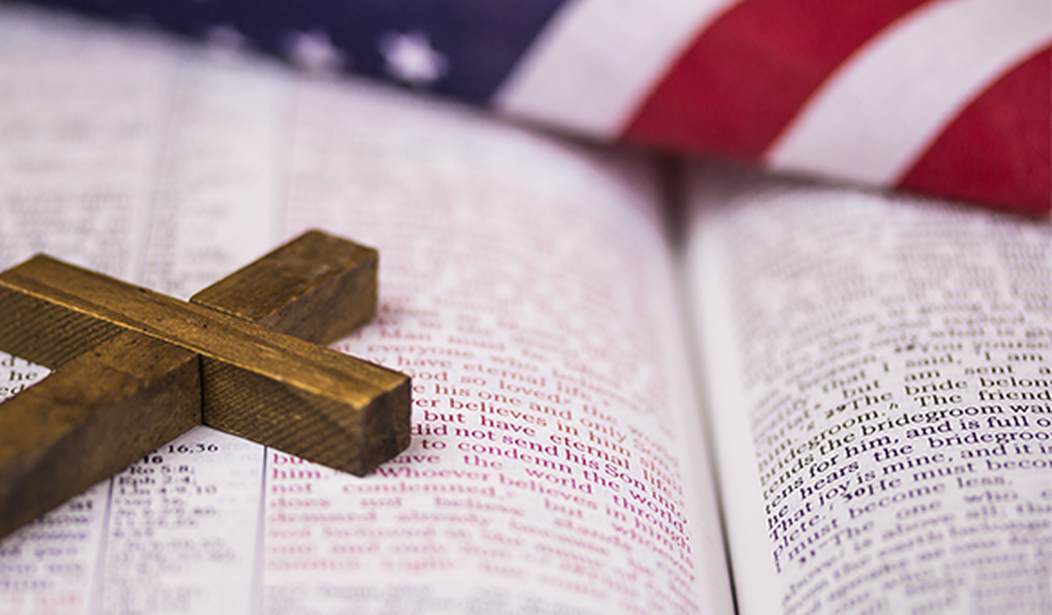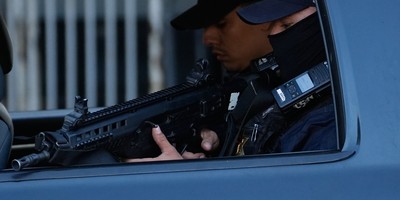The Supreme Court’s October term is centered around First Amendment cases, including more than a dozen regarding religious liberty. In a political climate in which religious liberty is under attack, the bench has a shining chance to stand with one of our most fundamental freedoms, and remind First Amendment opponents of the importance of the law. A few of these cases, which will begin on the court’s October 8th return date, include LGBTQ and discrimination issues; these will all put the scope of the Civil Rights Act of 1964 to the test.
First up in front of the bench, Harris Funeral Homes v. Equal Employment Opportunity Commission, constitutes the discrimination battle between a Christian funeral home and 58 year-old Aimee Stephens, a transgender woman who was fired from her job at the funeral home in 2013. The Michigan lower court ruled in favor of Stephens, citing the Civil Rights Act, and claimed that the law prohibits discrimination on the basis of sex, which the court said includes gender identity. Most notably, the state’s civil rights commission ruled last year that LGBTQ workers could not be discriminated against, but Stephens was fired in 2013.
Bostock v. Clayton County also puts discrimination based on sexual orientation to the test. Filed under Title VII, Gerald Bostock, a gay man, claims that during his tenure of employment with Clayton County, Georgia, he was unnecessarily audited on account of his sexual orientation. Bostock also affirms that he was eventually fired by the county for “conduct unbecoming of its employees,” and believes his termination was on the basis of his sexual orientation.
Altitude Express v. Zarda, also filed under Title VII, is brought to the high court by Donald Zarda, who worked as a skydiving instructor at Altitude Express. Also a gay man, Zarda claims that he was wrongfully terminated on the basis of his sexual orientation. Often in close proximity with clients, due to the nature of the job, a woman complained to the management of Altitude Express that Zarda touched her inappropriately and used his orientation as a cover. Zarda’s employment was then terminated.
Recommended
The latter two cases will be argued in tangent with one another. All three cases constitute a true test for the scope of the Civil Rights Act of 1964. Verbatim, the act does not cover sexual orientation or gender identity. Until 2017, all lower court rulings were consistent with the language as written in their rulings. Now, we see a trend of bending the language to fit the 2019 mold and idea of gender as a ‘social construct.’
These three cases, among others the highest court may hear, present an opportunity for the justices to defend religious liberty fiercely. The future of how gender and sexual orientation are viewed under the law, with respect to workplace discrimination, is highly contingent on the rulings that will come from the bench this term.

























Join the conversation as a VIP Member